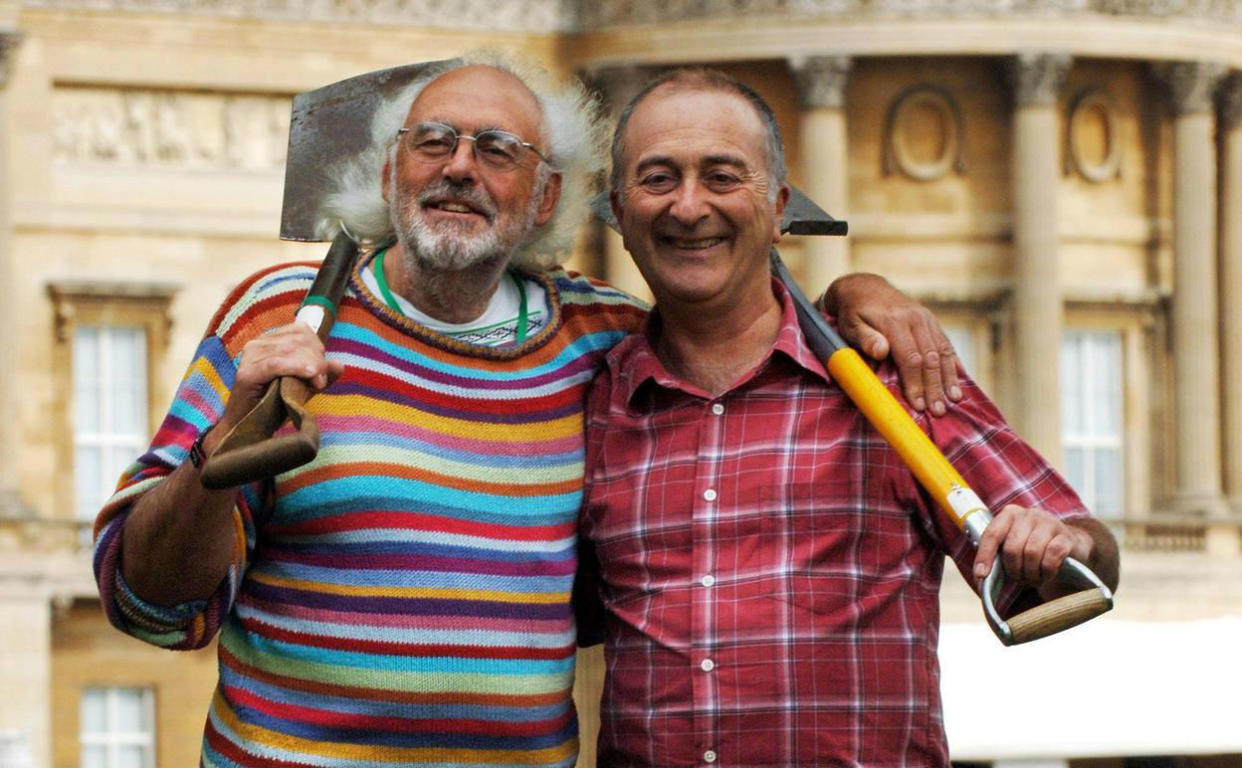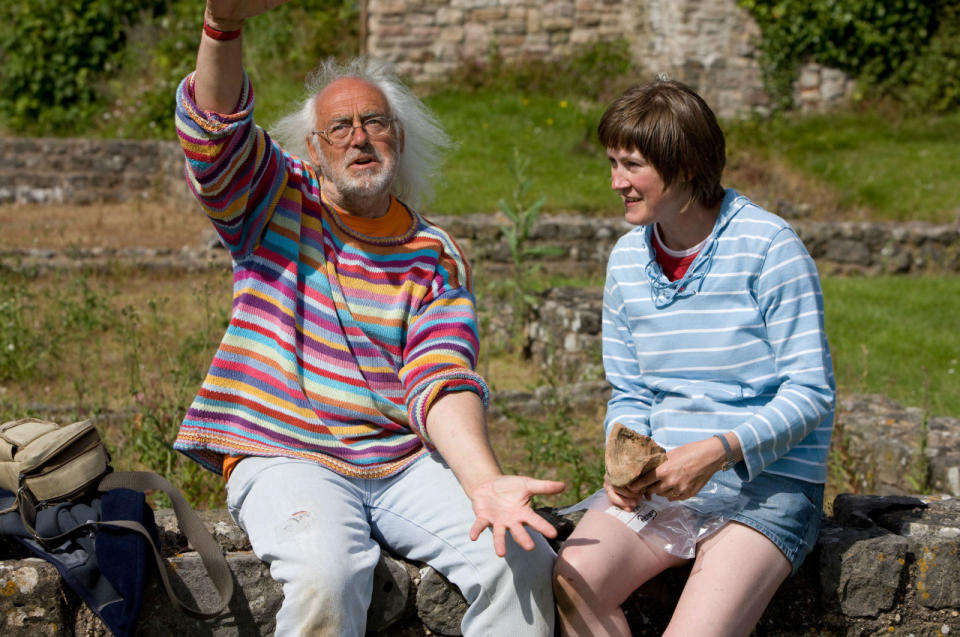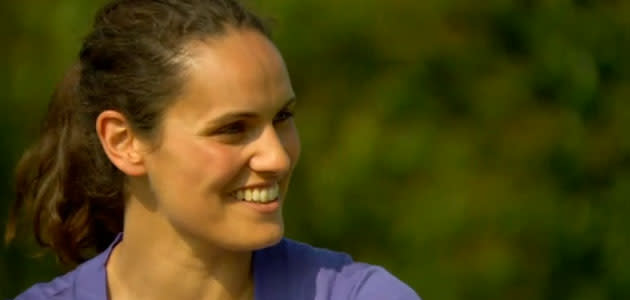The Story Behind Mick Aston’s Acrimonious Departure From Time Team

That a TV show as ostensibly mild-mannered as ‘Time Team’ should have ended so acrimoniously, as it did in 2013, was a bit of a shock to its many fans. And that the wild-haired, wild-bearded Mick Aston would be at the centre of the ill feeling was also somewhat unexpected.
Aston, an archeologist who had lectured at Oxford and was made a professor of Landscape Archeology at Bristol University in the mid-90s, played a pivotal role in bringing archeology to the nation, after teaming up with TV producer Tim Taylor in 1988. First there was the short-lived show 'Time Signs’, which then evolved into 'Time Team’ in 1994, with 'Blackadder’ star Tony Robinson on presenting duties.
The team also included the likes of surveyors Stewart Ainsworth and Henry Chapman, illustrator Victor Ambrus, and fellow archaeologists Helen Geake and Phil Harding, and gradually the show began to grow its following, introducing a whole new audience to archaeology.
- The most complained about X Factor moments
- The Forgotten presenters of Top Gear
- 10 films that really got science wrong
It took on all manner of projects, from the bronze age right through to World War II. There were pivotal Roman digs, forensic archaeology, dendrochronology (that’s tree-dating), elements of geophysics, all distilled into something that the viewing public could still get a handle on despite their complexities, thanks mainly to the stories that were being unearthed. There were live episodes and an American spin-off for PBS. Robinson claimed that the experts on the show published more scientific papers on excavations during the period the show aired than all Britain’s university archaeology departments combined.
But after well over a decade on screen, and 20 series (comprising some 280 shows in all), things began to change. The format was being refreshed in a bid to stem slowly falling ratings. But the format changes angered Aston, and he soon quit the show.
“The time had come to leave. I never made any money out of it, but a lot of my soul went into it. I feel really, really angry about it,” he told British Archeology magazine.
Later, in a blazing take down of the show’s changes in the Western Daily Press, he wrote: “There is a lot less archaeological content and a lot more pratting about. I was the archaeological consultant but they decided to get rid of half the archaeological team, without consulting me.”
Indeed, Stuart Ainsworth and Helen Geake had become increasingly sidelined, as was illustrator Ambrus, in favour of spiffy computer graphics.

“They had a meeting which they didn’t invite me to and said the BBC’s Countryfile was the model. To me that is a programme which went from being a programme presented by farmers and people who knew about the countryside to one in which there is only one farmer and is full of cliché-ridden pap.
“They have been saying for some years that the viewing figures have been going down and that’s partly why they engineered this. But they never advertised Time Team in between other programmes as they do with some other programmes, and they are always mucking about with the times it is shown. It is no wonder that the viewing figures are lower.”
Matters had appeared to have come to a head when Mary-Ann Ochota was hired as a presenter in 2012, a former model (see below) - albeit a former model with a degree in Archaeology and Anthropology from Cambridge. Whether or not Aston was casting aspersions at the new host, but the timing of his comments about the show becoming 'dumbed down’ certainly appeared to be pointed in that general direction, or at least lumping Ochota in with what he saw as detrimental changes.

At the time, Taylor said that things were being done to ensure Aston stayed on, adding 'you’ve not heard the last of Mick on Time Team’.
Sadly, this was not the case. Channel 4 announced the show would end in 2013. Aston died unexpectedly at his home in the summer of that same year. A month after his death, a 'tribute night’ to Aston was broadcast on More4, showing some of his best moments and most important discoveries.
Robinson - by then Sir Tony Robinson - paid a most touching tribute to him.
“Mick Aston was a great British eccentric; an atheist whose life’s work was medieval monasticism, an anarchist who for many decades loyally fulfilled the labyrinthine requirements of his university and British television, and a grumpy old curmudgeon with the kindest of hearts and a great capacity for friendship,” he said.
“His mission was sharing his passion for archaeology with ordinary people rather than keeping its secrets locked away behind the walls of Britain’s universities. This made him a contentious figure among some of his contemporaries and he was deeply wounded by the vociferous attacks he suffered, particularly in the early years of Time Team.
“But archaeology is now a subject that tens of thousands of people enjoy and value, and this is almost solely down to him. I hope he’ll receive belated recognition for that fact. He will be sorely missed by all of us who worked closely with him over the years.”
Image credits: PA/Rex Features

 Yahoo Movies
Yahoo Movies 
